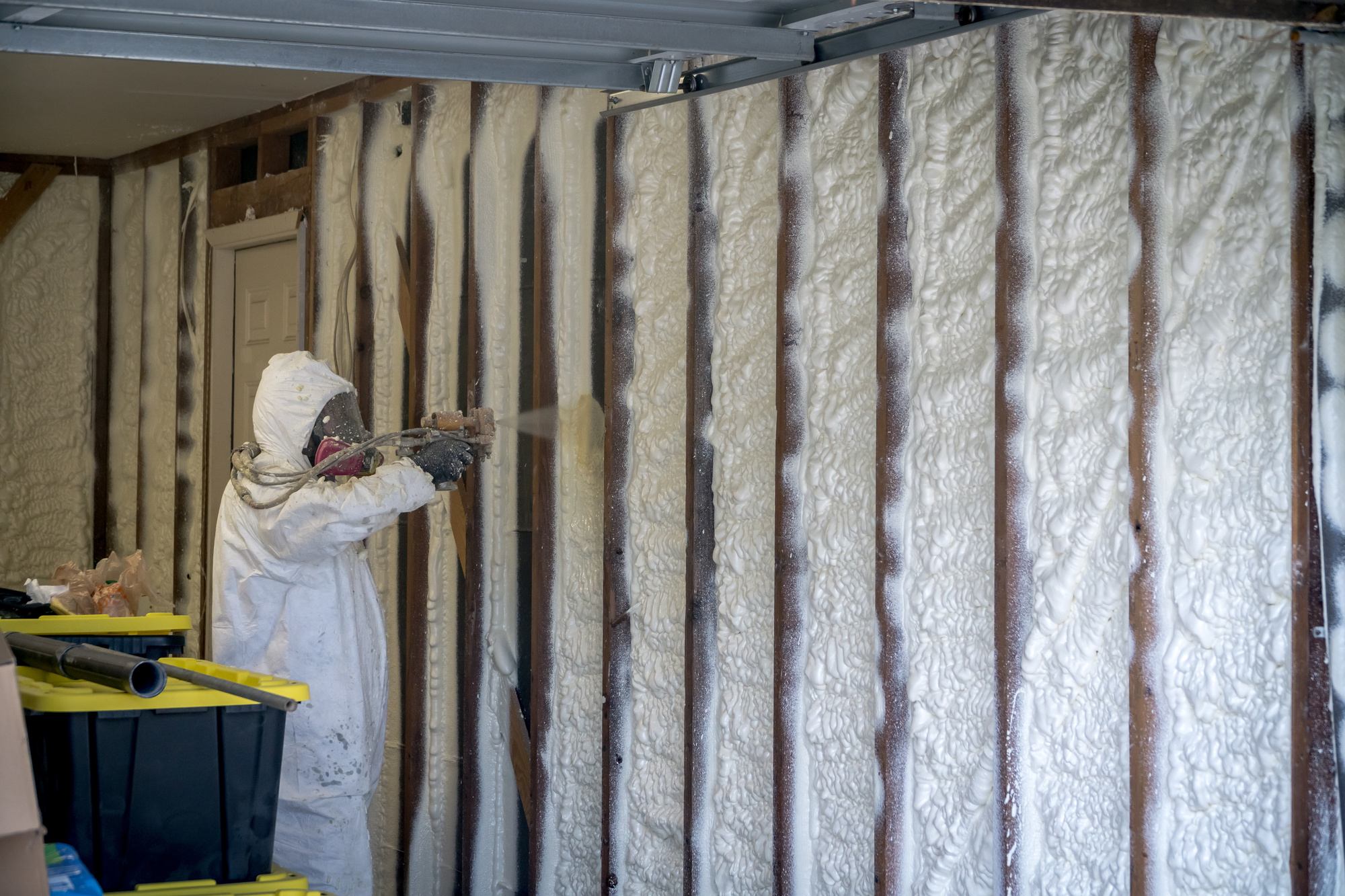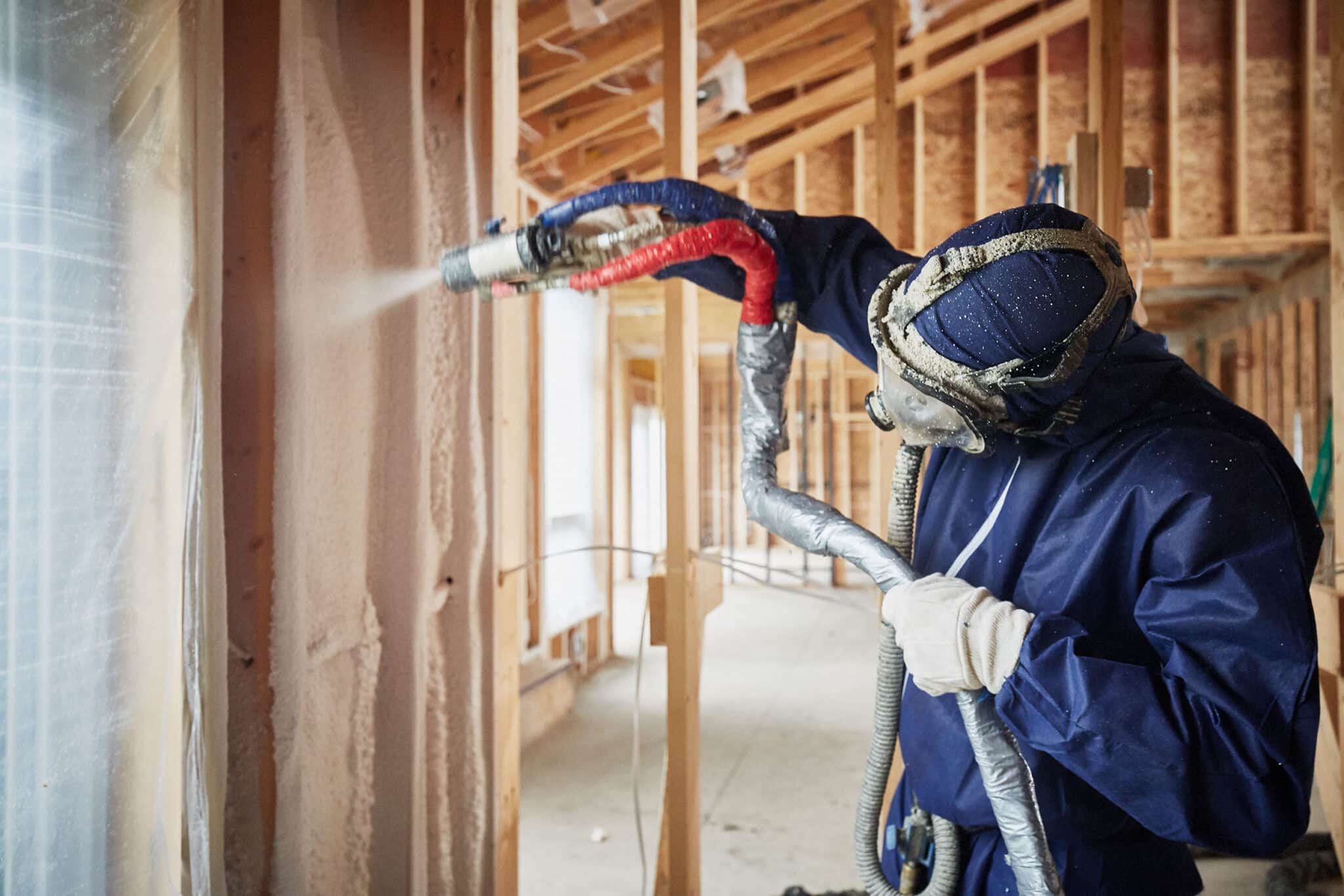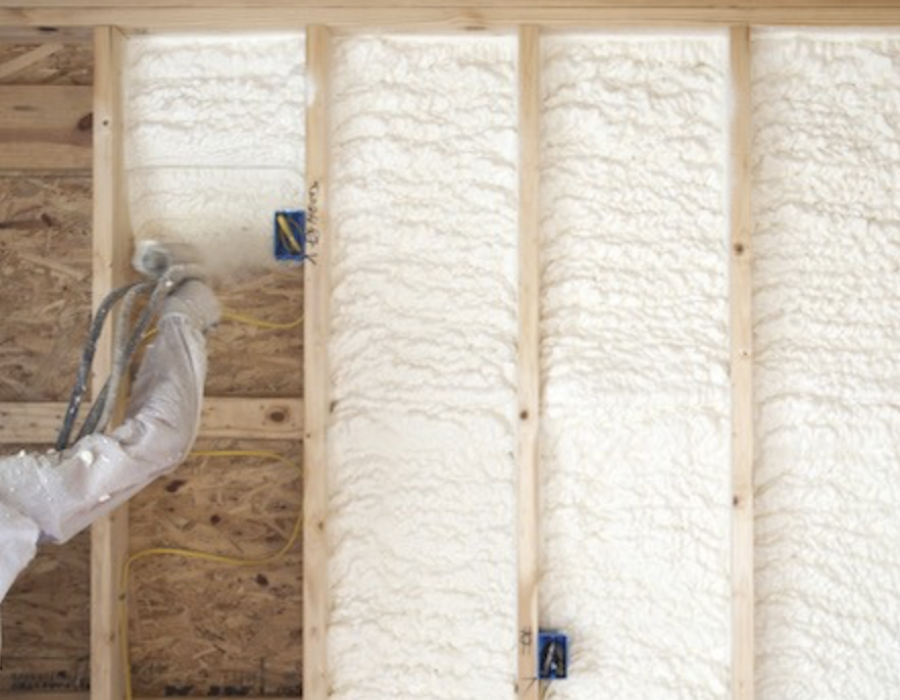Choosing the right insulation strategy impacts more than just temperature regulation. In Cary, NC, where humidity levels and seasonal changes present unique energy efficiency challenges, knowing what to avoid during insulation planning and installation makes a measurable difference. Whether updating an older home or building new, poor decisions during this process can lead to performance loss, health risks, and added costs down the line.
This article outlines expert-backed insulation contractor insights focused on avoiding common issues. Readers will gain specific, actionable knowledge to make better decisions for long-term insulation performance.
Evaluating Insulation Teams Beyond the Quote
Price comparisons are common, but relying solely on cost can introduce major problems later. Not all insulation teams offer the same level of service, material quality, or warranty support.
Experience With Building Codes in Cary
Homes in Cary must comply with North Carolina energy codes. Teams without local experience might overlook required R-values or miss attic ventilation requirements. This can cause inspection delays or even rework. When teams are familiar with Wake County guidelines, compliance becomes smoother and more reliable.
Clarity in Scope and Timeline
A reputable insulation professional offers transparent documentation. Scope of work should include insulation type, expected R-value, square footage, and estimated duration. Vague timelines or incomplete material details often signal gaps in project planning. Consistent communication before and during the job reduces surprises and supports a clean, on-schedule result.
Recognizing Installation Shortcuts That Affect Performance
Visual signs of completed insulation don't always reflect how well it performs. Inadequate installation can diminish long-term value even when premium materials are used.
Uneven Foam Application
Spray foam must expand evenly and bond with framing surfaces to be effective. Inconsistent coverage leads to thermal gaps and air infiltration. Certified insulation experts in Cary use calibrated spray rigs and monitor humidity levels to reduce application issues.
Incomplete Sealing Around Fixtures
Insulation crews sometimes miss sealing around electrical boxes, plumbing, and attic hatches. These bypasses leak conditioned air and raise utility costs. Professional insulation teams use infrared cameras or blower door tests to catch hidden issues.
Ignoring Ventilation Balance
Over-insulating without maintaining attic airflow traps moisture and increases the risk of mold. Trusted home insulation names design insulation systems with balanced intake and exhaust ventilation, especially in roofline work.
Misunderstanding Material Suitability for Home Design
Not every home requires the same insulation material. Spray foam, fiberglass, and cellulose all serve distinct roles depending on architecture, budget, and energy goals.
Material Type vs. Performance Goals
High R-value spray foam works well for open framing, crawl spaces, and attic decks. Fiberglass batts are useful for uniform wall cavities. Local insulation experts evaluate both air-sealing needs and moisture behavior to recommend material blends that work.
Compatibility With Older Structures
Historic or pre-1980 homes in Cary may have knob-and-tube wiring or plaster walls. Foam insulation near outdated wiring can present fire risks. Experienced insulation teams understand which methods to avoid and can coordinate prep work with electricians if needed.
Risks of DIY Insulation Choices
Many insulation problems stem from hardware store solutions that seem simple but don’t account for thermal bridging, moisture movement, or code compliance. Hiring insulation pros helps homeowners avoid shortcuts that lead to condensation, mold, or unplanned retrofitting.

Importance of Documentation and Warranty Backing
A successful project includes more than the day of installation. Ongoing comfort and efficiency require paper trails and future coverage in case of failure or defects.
Manufacturer-Supported Warranties
Some spray foam manufacturers only honor warranties if installed by certified professionals. Homeowners relying on non-certified crews risk voided warranties and have fewer options if product failure occurs. Certified insulation experts in Cary keep records of batch numbers and install conditions for future support.
Detailed Job Records
Professional insulation teams document foam thickness, ambient temperature, humidity, and cure time during installation. This information supports R-value verification and helps pinpoint issues if future problems arise.
Clear Maintenance Guidelines
After the job, crews should provide basic maintenance instructions—what to check seasonally, how to avoid damage, and signs of moisture intrusion. Eco-friendly insulation providers help clients protect their investment through proactive maintenance.
Comparing Common Insulation Mistakes and Prevention

Common Questions
How can insulation performance be verified after installation? Thermal imaging and blower door testing show how well insulation reduces air leakage. Reputable insulation pros in Cary offer these tests to confirm results.
Is spray foam safe for homes with allergies? Closed-cell spray foam, once cured, acts as an air barrier and can reduce pollen and dust intrusion. Proper ventilation and certified application reduce risk.
What areas of a home benefit most from upgraded insulation? Attics, crawl spaces, and rim joists often lose the most energy. Upgrading these zones first can improve year-round comfort and reduce utility bills.
What should be included in an insulation quote? A complete quote includes insulation type, square footage, R-value target, installation method, and cleanup details. It should also list warranty coverage and payment terms.
Conclusion
Avoiding mistakes during insulation upgrades comes down to working with experienced, well-documented teams who understand local climate and code. Installation quality matters as much as product selection. Missteps in ventilation, sealing, and material compatibility can lead to energy loss, structural risks, and added costs. With a structured plan and expert input, homes in Cary stay efficient, comfortable, and safe.
Ready to Achieve Long-Term Energy Efficiency?
Making informed choices during insulation projects directly impacts energy savings, indoor comfort, and long-term home health. Choosing experienced insulation pros in Cary ensures high-performance results, fewer callbacks, and proper material use. Don’t rely on guesswork or temporary fixes.
Raleigh Excel Spray Foam Insulation provides certified services with documented performance data, local code knowledge, and post-installation support in Cary, NC.
For a no-obligation consultation, call (919) 301-9435 today.
FAQs
How long does spray foam insulation last? Closed-cell spray foam can last over 30 years if applied correctly. Its durability outperforms fiberglass or cellulose in most applications.
Can existing insulation be reused or left in place? Old insulation may hide mold or be compressed. Full removal before spray foam allows better adhesion and improved performance.
Is there any odor after spray foam application? Slight odors may be present for a few hours during curing. Proper ventilation clears any smell within 24 hours.
What R-value is recommended in Cary, NC? Attic insulation should target R-38 to R-49, while walls need R-13 to R-21 depending on construction. Local insulation experts can tailor R-values to meet both code and comfort goals.
Can insulation help reduce HVAC system use? Yes. Proper insulation reduces HVAC cycling by maintaining stable indoor temperatures. This lowers energy bills and extends equipment life.
Reviewer: With nearly a decade in the spray foam insulation field, William Harris reviewed this post and provided guidance that reflects both technical understanding and real-world marketing experience.





Comments